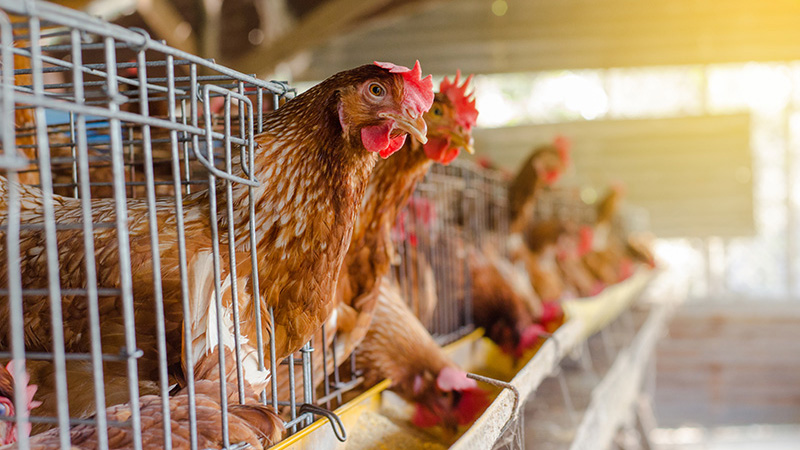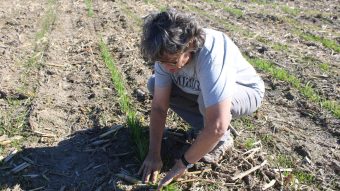
March 2, 2023
A University of Missouri engineer is leading a team to develop new technologies that will quickly detect foodborne pathogens with the goal of improving food safety, especially among lower socioeconomic communities.
Mahmoud Almasri, an associate professor of electrical engineering and computer science, and team recently received a $750,000 award from the National Science Foundation (NSF) for the work. It’s part of the NSF’s Convergence Accelerator program’s food and nutrition security track, which aims to address an increasing population and rising food demands.
In this project, the team is developing a system to assess and mitigate Salmonella risks and other threats to the food supply chain to improve health equity. The sensing technologies can identify and detect low concentrations of Salmonella within a 30-minute time span.
“A unique feature of the project is that it is not isolated to part of the food chain, it serves to protect from the farm, through transportation, processing and retail,” said Tim Safranski, a professor of animal science.
The project brings together 19 investigators across five institutions.
“This was an impressive interdisciplinary effort,” said Kate Trout, an assistant professor in Mizzou’s Department of Health Sciences. “This team incorporates sensor engineering, public health, supply chain analytics, animal sciences, economics and beyond to put us on the cutting-edge in building a transformative technology to benefit society, which is exactly what NSF’s program aims to do.”
The project will also provide research and training opportunities for students to better understand the convergence of science, public health and technology. Research teams will partner with underrepresented populations and industry workforce, including immigrant workers, to ensure the system reflects diverse needs.
“Underserved populations face higher food security risks,” Almasri said. “The application of this technology will ensure equitable food security for local and global consumers and reduce the economic burden of foodborne disease.”
Read more from the College of Engineering


